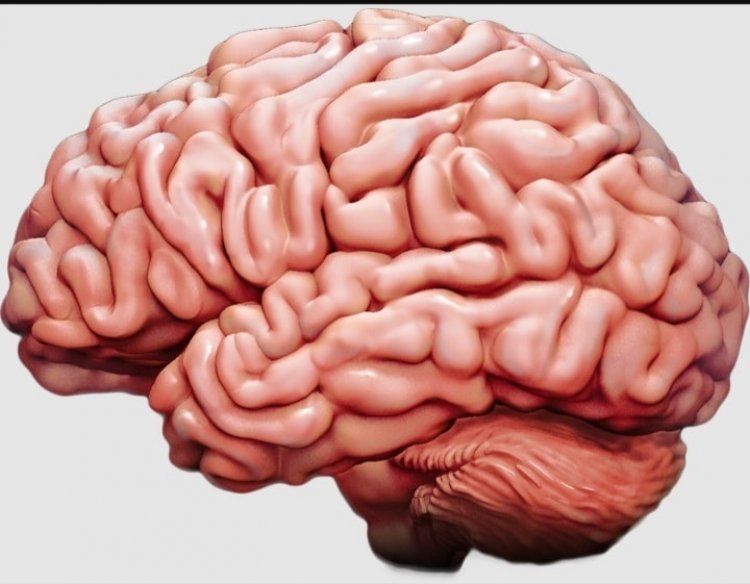Arguably, there is no greater scientific mystery than the brain. The brain is nothing but water and fat— about 40% of water and 60% of fat. It weighs not more than 3 pounds (half gallon of milk).
Yet it's the brain that produces our consciousness, thoughts, memories, and emotions. It governs how we interact with the world, and it runs our body.
Here are 7 more facts about the brain
1. Our brain is made up of billions of neurons (or nerve cells) that communicate in trillions of connections called synapses. It has been generally agreed that our brain is one of the most complex and fascinating organs of the body.
2. The brain’s storage capacity is virtually unlimited. This shouldn't be a surprise if you consider that there are about 86 billion neurons in the brain. Each neuron forms connections to other neurons. And all the connections could add up to 1 quadrillion. When the neurons combine, they increase storage capacity.
3. It's not true that we only use 10% of our brain. We actually use all of it. We’re asleep we even use more than 10%.
4. Though it's the brain that interpretes pain signals, the brain itself doesn't feel pain. You should get angry next time someone says: "e be like say brain dey pain you, abi?"
5. As you get older, your brain gets smaller.
6. The human brain begins to lose some memory abilities as well as some cognitive skills by your late 20s. This is why you must teach your kids relevant stuff and help them develop their genius when they are still really young.
7. There is a type of headache called brain freeze. Medically it's called a sphenopalatine ganglioneuralgia. You can't pronounce it? Let's move on.
Brain freeze happens when you rapidly eat or drink something that’s extremely cold. As you take in the cold content quickly, it chills the blood vessels and arteries in the very back of your throat, including the ones that take blood to your brain.
The coldness causes everything to shrink. Once your body produces heat, they begin to expand again, and as they expand, they cause you pain.








